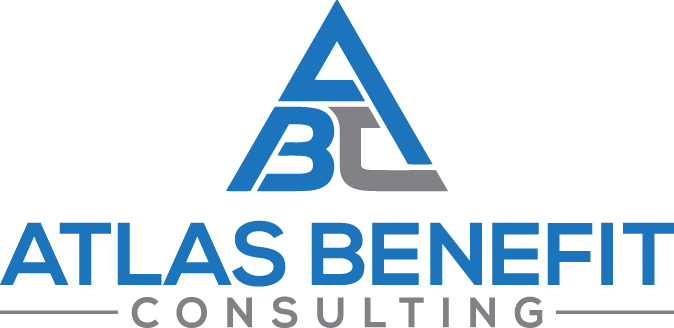New Ruling for Mental Health Care
The VA wants to eliminate copays for outpatient (non-VA system) mental health visits.
Many veterans are aware of the limitations of seeking care solely in the VA healthcare system. Now that veterans have even more access to outside/community healthcare, this new ruling would potentially help more veterans follow through with outpatient or community mental health treatment, as there is still a copay range from $15-$50 for non-VA facility mental health care visits. For some, that copay amount may seem relatively small, but it is a barrier and hindrance for many veterans who need more immediate or frequent visits or treatment. A copay can mean that veterans are not seeking care at all due to the financial burden.
This policy reform would also reduce the prescription copays for veterans who receive smaller amounts and more frequent filling of prescriptions as part of the lethal means safety program. Lethal means safety programs for prescription medications aim to limit a veteran receiving a large amount of medication at once, in hopes to reduce the chance of a prescription medication overdose. While this safety means is important, under the current rule it can mean increased financial burdens on veterans who are having to pay more frequently to fill these shorter prescriptions.
Feedback has been requested at the Federal Register here. March 7 is the closing date for public feedback and commentary.
Why is this new proposed ruling important?
Different studies present slightly different findings, but one thing is for certain- veterans are not seeking and receiving the mental health care they need. Suicide rates for veterans are still very high; around 17-20 veterans dying from suicide daily.
- One of the largest conducted mental health studies amongst the U.S. Military brought to light that the risk for these issues amongst military personnel and veterans is even more sobering than previously thought-
- The rate of major depression for soldiers is 5x higher than civilians
- The rate of those suffering from PTSD is 15x higher than civilians
- Possible traumatic brain injury (TBI) for those who returned from Iraq or Afghanistan is around 20%
- The National Council for Mental Wellbeing reports findings that less than half of veterans who need this care actually receive it.
- Statista reported through an online survey interview of veterans from 2014-2020 revealed that 40% of veterans reported feeling suicidal after joining the military.
What Are the Barriers?
This is a prevalent theme and issue amongst veterans, so why aren’t more veterans seeking or receiving mental health care? There is not a solo reason or one specific barrier, but several big factors that are barriers for veterans seeking or receiving timely and adequate care: fear of the stigma or perceived shame of these struggles, not understanding their benefits or how to reach out, financial burden of appointments, VA healthcare not offering timely appointments or good options, veterans “falling through the cracks” with VA medical providers not following up, and more.
Resources
Blog Posts
Our team is passionate about mental health care, awareness, and access. We have invested in blog posts that we hope will be informational and helpful for veterans. Read up on some great related posts:
- Awareness and Prevention for Veteran Suicide
- Mental Disorder Symptoms Explained
- Treatment Options for Depression
- Struggling With Depression
- Mental Health Ratings
- Mental Health Rating Myths
- Is It Anxiety?
- Veteran Suicide Rate Increase & Covid-19
- More Common Than You Think: PTSD Disability
Medication Safety
Medication safety is crucial for those who are struggling mentally or emotionally or at higher risk for suicide. The VA has several resources for information on safe prescription use, storage and disposal:
- VA Center for Medication Safety
- PDF on Staying Safe with Prescription Opioids
- Firearm Suicide Prevention and Lethal Means Safety Info
What’s next?
We encourage you to stay as up-to-date as possible with veteran news and rulings. It is confusing and difficult to navigate the world of veteran benefits and ratings on your own. We’d love to connect with you for a free consultation to see how we could help you understand and maximize the benefits you qualify for and deserve. Click the button below to begin!
Click Here for Info on Your Free Consultation
